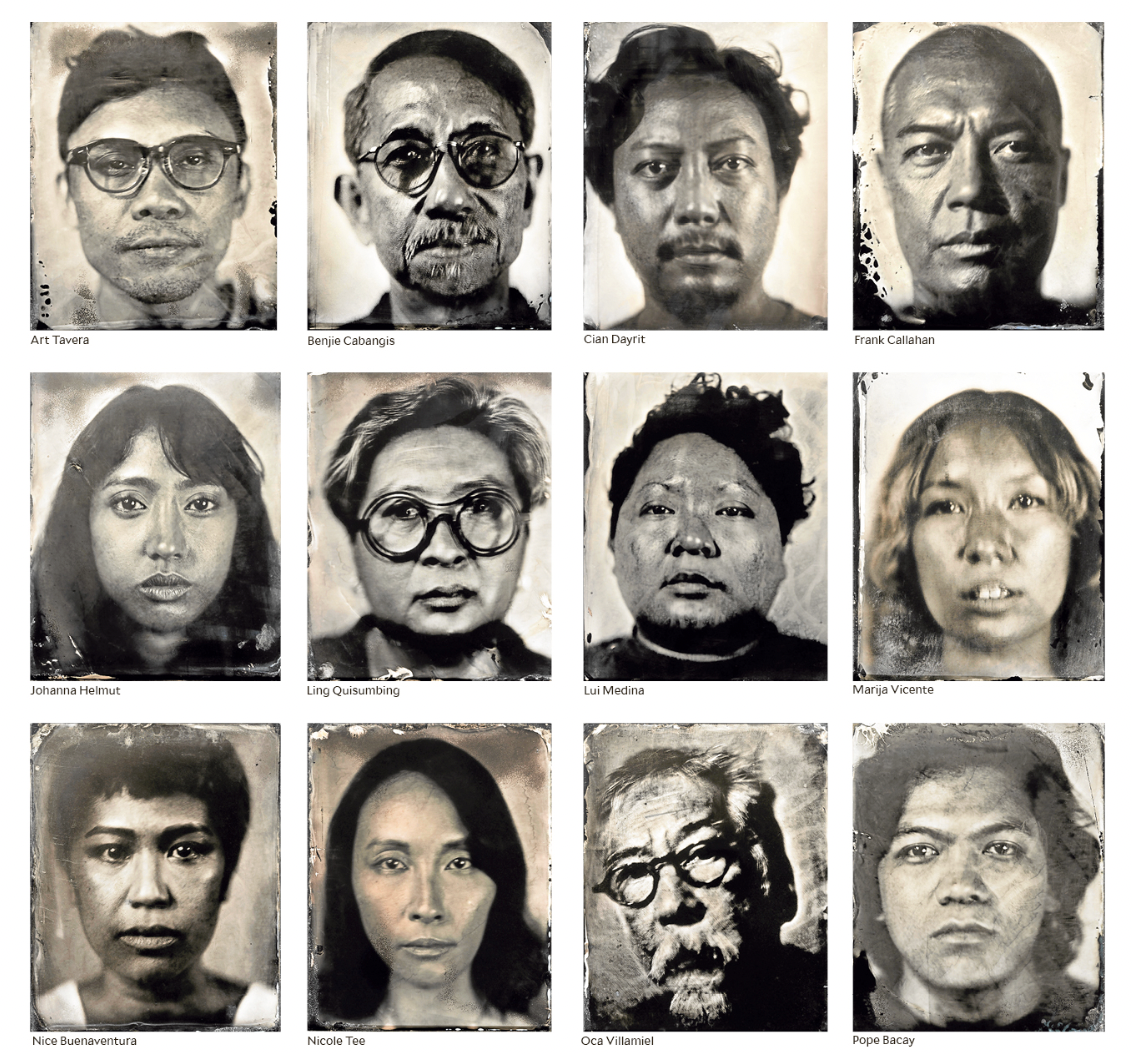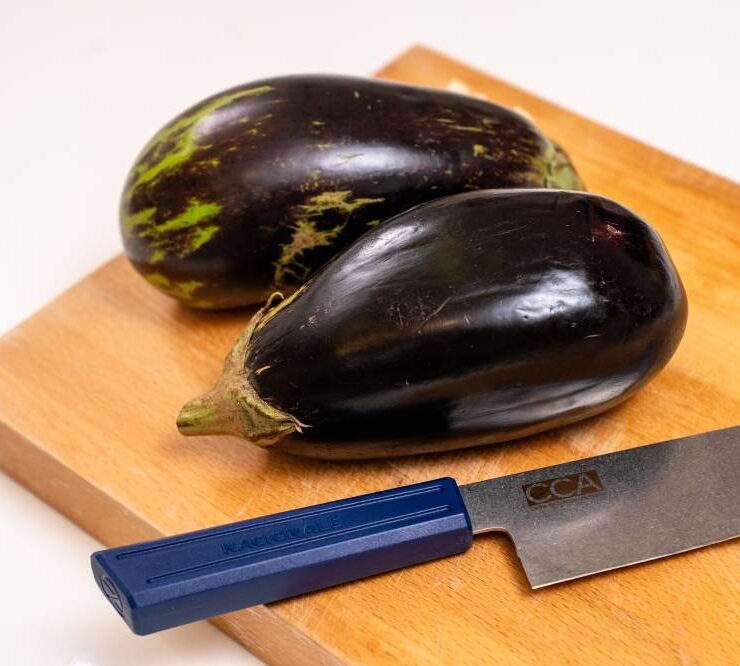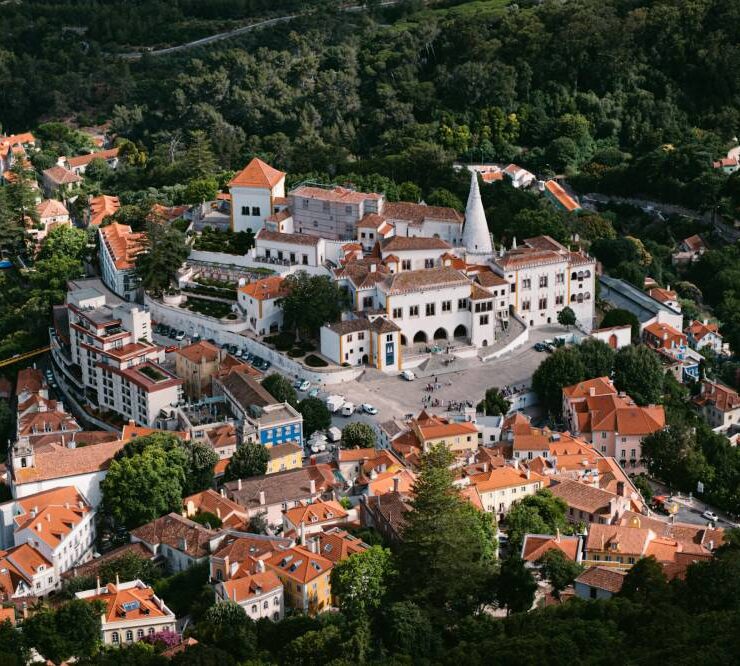PH’s first time at Leipziger Buchmesse
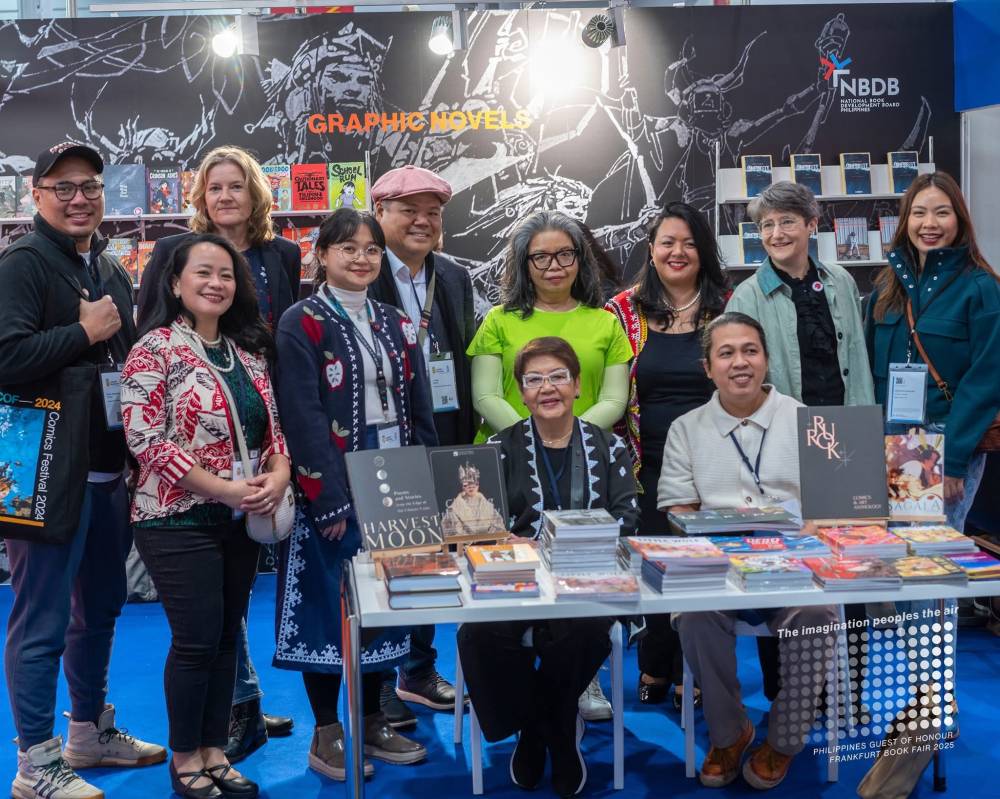
The day Ren Galeno’s German edition of “Sa Wala (Nothing to Lose)” was sold out, how the Philippine stand at the Leipziger Buchmesse in late March heartily applauded! This being our first time to participate, as a necessary step toward Guest of Honor (GoH) at Frankfurter Buchmesse on Oct. 15 to Oct. 19 later this year, we hardly knew what to expect.
The Leipzig clientele was characterized as young book lovers looking for cutting-edge material in German and English—so we came with graphic novels, romance, notable recent releases that might interest such an audience, as we had to supplement the 14 books already published and available in German editions, which their respective German publishers provided.
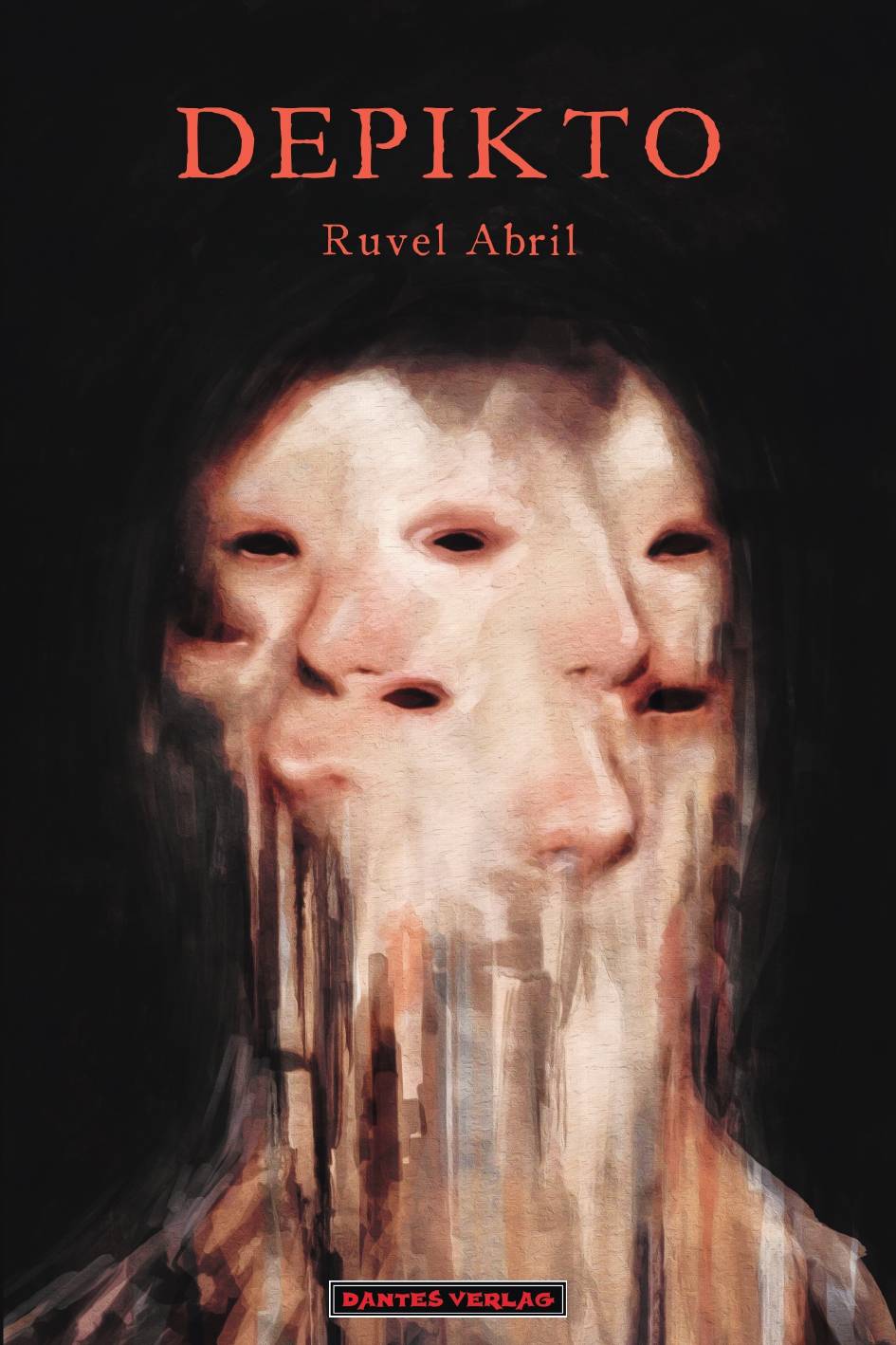
Leipzig was a retail fair, unlike the Frankfurter Buchmesse which is a rights fair, open to the public only on the weekend. (But a recent update indicates that the Frankfurter Buchmesse will also be a retail fair from Day 1.) Both invite such crowds as Leipziger Buchmesse is considered the most important book event in the spring.
With the simultaneous Manga-Comic-Con, cosplayers were everywhere. It coincides with the Leipzig Liest (“Leipzig Reads”) citywide reading festival. Both fairs required its visitors to walk such long distances as there are many halls to visit. It was a herculean and physically taxing task to visit all the halls in both fairs.
10 authors, 10 sessions
A delegation of 10 authors who staged 10 sessions promoted the titles. Daryll Delgado with her climate fiction novel “Remains” and Jay Ignacio with his graphic novel “Alandal,” both of whom had just returned from successful author talks and book signings in Berlin, continued to draw much admiration. Delgado spoke on “Can Climate Fiction Save Our Planet?” while Ignacio’s topic was “Comics Reimagine the Nation.” Others were Jessica Zafra discussing the “Social Divide in City Fiction,” and Galeno on the horrors of reality. Paolo Herras discussed “Filipino Graphic Novels Travel the World” and “We are All Strangers in Our Own Native Lands.”
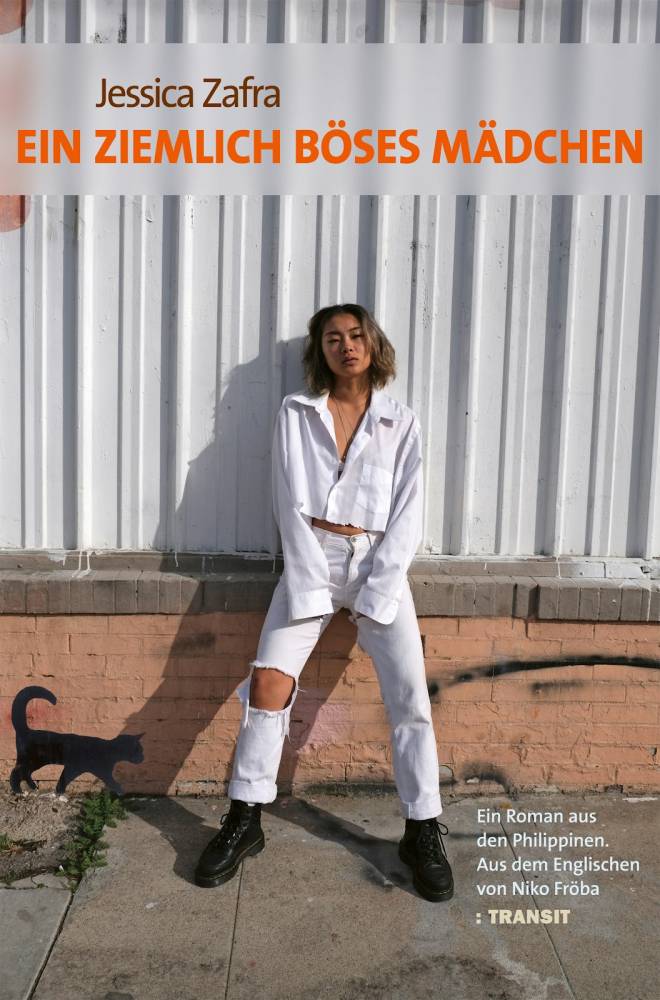
Translation is especially critical for the Philippines with its more than a hundred languages including the two official tongues, English and Filipino. For noteworthy works in regional languages to be shared with the world, it is imperative that they be translated into English first. Thus, it was important that we also had two German translators on board.
Swiss writer Annette Hug figures prominently in the country’s translation program as she speaks fluent Filipino. She took up Women and Development Studies at the University of the Philippines. Her translation from Filipino to German of Luna Sicat Cleto’s poetry book “Bago Mo Ako Ipalaot” is a significant breakthrough. Hug is now at work on a novel—Allan Derain’s “Aswanglaut”—also translating it from the original Filipino to German.
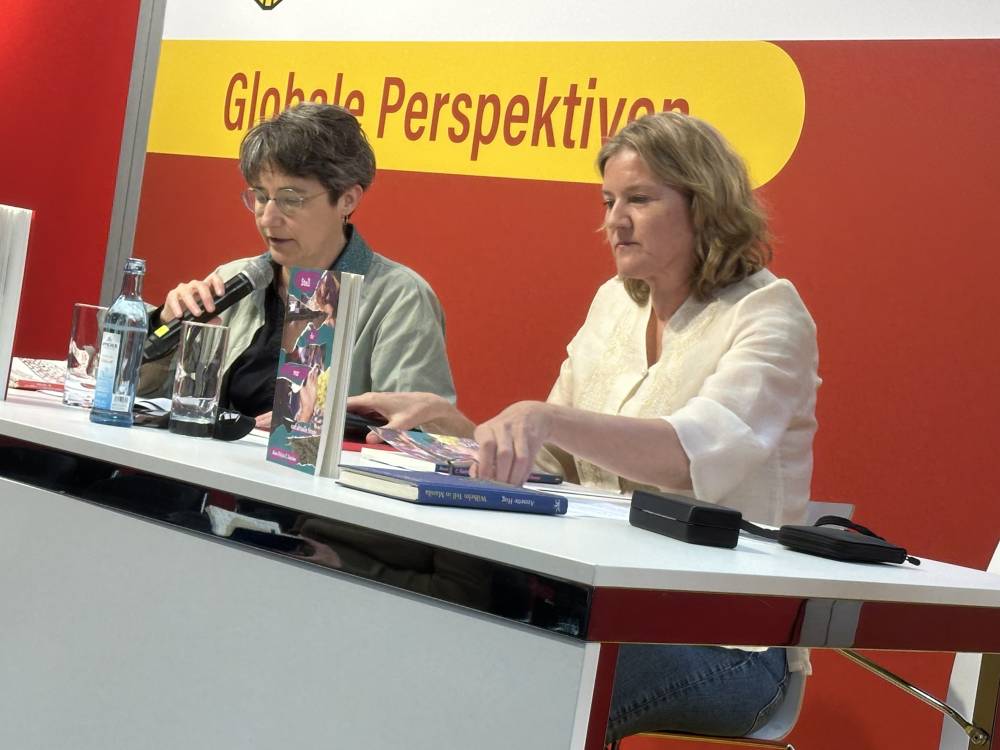
Monica Fröhlich, a university professor and head since 2021 of the German Academic Exchange Service in the Philippines, has a doctorate in German contemporary literature. She translated Anna Felicia Sanchez’s “Pics or it Didn’t Happen and Other Actual Stories” and, along with Hug, conducted a session in German on the whys and wherefores of translating Philippine literature.
Kristian Sendon Cordero, writer, poet, Ateneo de Naga University Press director, and cohead of the GoH Translation Committee, spoke on how he has brought Bikol literature all over the world, sparking interest in Bikol writings both old and new.
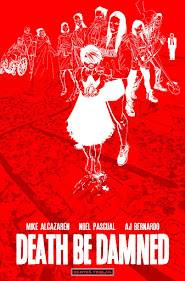
Translation Subsidy Program
With the babel of languages in the country, it stood to reason for the National Book Development Board (NBDB) in 2023 to initiate a Translation Subsidy Program for foreign publishers who have bought translation rights of a published book from Philippine publishers as the country gears up to be GoH in 2025. The program is open to fiction and nonfiction works published in the Philippines, written in any Philippine language. The subsidy amounts range from $1,200 to $3,500, depending on the genre, complexity of the work, and the translation costs. There is an ongoing cycle for applications from April 1 to May 31, with another one from Aug. 1 to Dec. 30.
To date, the program has facilitated the translation of 129 Filipino books into various international languages, including 27 German books. Some are independently being translated, not availing of the subsidy program. Many more are in the process of translation and book production, including new German editions of “Noli Me Tangere” and “El Filibusterismo,” two novels that revolutionized our history. The older editions are now out of print and what better way to mark our being GoH than to launch these legacy commemorative editions?
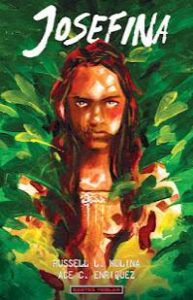
Portugal-based author/professor Stephanie Coo drew much curiosity and interest in her session on “Clothing the Colonials.” With her forthcoming book, “Seams of Sedition,” she invites the readers to a deeper reading of the “Noli” as she studied the clothing of the characters and the revelations and manifestations these revealed of the times and particular social status of the characters.
It must be remembered that Jose Rizal, national hero, writer, and polymath, was the country’s first link to Germany, where he studied ophthalmology in that lovely, fairy-tale-like city of Heidelberg and where, interestingly enough, he complained of the potatoes at every meal. It was in Berlin in 1887 where the novel “Noli Me Tangere” was printed by Berliner Buchdruckerei-Aktiengesellschaft.
The theme of our GoH participation is “The imagination peoples the air,” a line borrowed from Rizal’s “Noli,” the chapter on Sisa in the Charles Derbyshire translation. (“La imaginación puebla el aire/Pinupuno ang hangin ng hiwatig”). It is important to point out that “peoples” becomes a verb here, to imply how the atmosphere is permeated, suffused by the imagination.
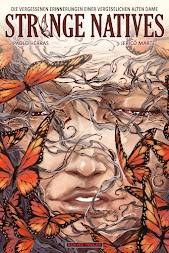
As Pavilion curator Patrick Flores explains, “The key words of imagination, people, and air allude to the elements of the writing and reading context: the producers and receivers of texts; the talent of the idiosyncratic individual who reads and writes; and the community gathered by the air emanating from and animating books. For Filipinos, at the heart of books is the promise of sharing, a collective aspiration to be present in the world of stories, ideas, myths, fantasies, and the future…”
And so after Rizal in Heidelberg, in Berlin, we return to Frankfurt still nurturing the spirit of Rizal.
Music and culture
Leipzig, steeped in music and culture, has its special charm and mystique. The Bach Museum is a definite tourist draw. It’s known as the birthplace of Richard Wagner and the place where Bach, Mendelssohn, the Schumanns, and Mahler worked. The city honors these musicians with its age-old tradition of the Leipziger Lerche that one has to enjoy before leaving. It dates back to years when pies were stuffed with the songbird larks until hunting them was banned. Now, the little crossbun pies are made with marzipan and jam and are named for Bach and Wagner and, presumably, the other musicians which I did not see or try.
It was noteworthy that the opening ceremony of the Leipziger Buchmesse was held in the grand and acoustically perfect Gewandhaus Hall where the internationally renowned Leipzig Gewandhaus Orchestra, said to be the oldest in the world, is housed. “Gewandhaus” means “garment house,” as it was originally a building where merchants sold cloth.
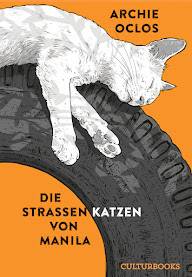
The opening ceremony was impressive for the music, but especially for the awarding ceremony of the Leipzig Book Award for European Understanding to Alhierd Bacharevič, a Belarusian writer in exile. Copies of his book “Dogs of Europe” have been confiscated, burnt, buried by tractors in Belarus. Citing two important words in the language he invented in the novel, Balbuta, he says, “Be free.”
A heavy thought to carry on the eve of the Leipziger Buchmesse. But the Leipziger Buchmesse had no trace of censorship, and so we proudly displayed 14 initial German titles, including a collection of fiction, graphic novels, poetry.
All these initiatives leading up to October 2025 are made possible through patroness of art and culture and project visionary Sen. Loren Legarda, who puts her money where her mouth is, with the special collaboration of government agencies such as the Department of Foreign Affairs, the National Commission for Culture and the Arts, and the National Book Development Board.
The GoH participation is a once-in-a-lifetime opportunity, a much needed boost for the Philippine publishing industry, and as early as now, shows the interest, the curiosity, the admiration, and wonder for the richly diverse literature that our country is capable of producing. It also comes 10 years after the first Southeast Asian country, Indonesia, became GoH in 2015.
The Philippines will only be the second Southeast Asian country to be so honored. And we all know this will only be the beginning.













